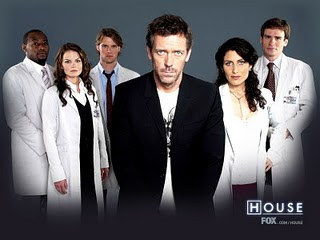
The Final BLOG Question: After completing this book, do you think changes should be made in the way surgeons are trained? How important is it for surgeons to “practice” on real patients? Would you want to be operated on by the Intern, the Attending or the Chief Resident? Why? Why not? What challenges are faced by surgeons today?






